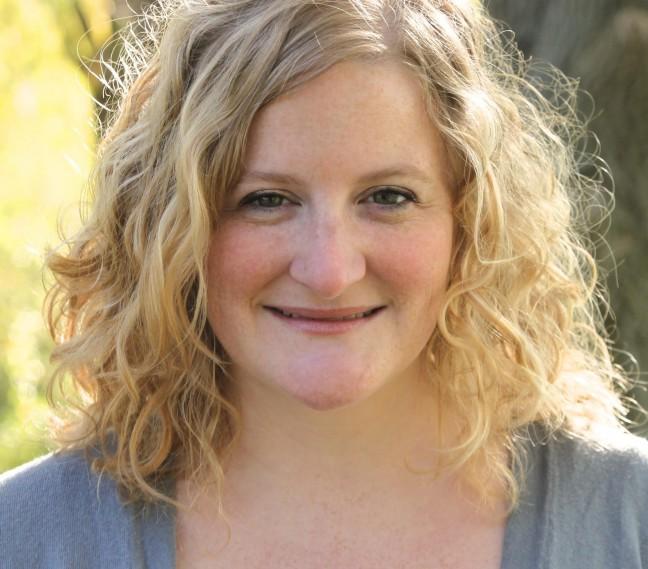When Jenni Dye was first running for political office in 2012 and knocked on a neighbor’s door, she felt as if the door opened to the 1920’s.
The man on the other side told her he did not think women should vote, so he probably wasn’t going to vote for her.
Like most women in politics, Dye, Dane County Supervisor, District 33, had grown accustomed to being treated differently from her male counterparts. Describing the venture as a “balancing act,” Dye believes there really is a different perception of women in politics to overcome.
“You have to be assertive, but not too assertive because then you’re going to seem angry or too aggressive,” Dye said. “You have to be able to seem like you care and are passionate about the issues without being overly emotional.”
While there is always a need for politicians to appear authentic, Dye said as a woman, one always has to be especially mindful of people’s perceptions. She said there is no denying that physical appearance becomes a part of the conversation for women in politics.
At a training session for the Young Elected Officials Network in 2014, Dye noted one example of how men and women are treated differently in politics. She said 20 minutes into the session, a man said to her that was the longest that someone had talked to him about appearance in politics.
“I thought to myself, ‘20 minutes is the average time in a month that someone talks to me about appearance in politics,’” Dye said.
Aside from having their appearances overlooked, Dye said male candidates are not asked the kinds of questions female candidates are asked. When she was knocking on people’s doors during her first campaign, she found herself facing more questions about her personal life and choices than her policies. People asked her about children — if she wanted them and if she wanted to be home with them — which Dye said she was not thinking about at the time.
Dye was first exposed to what life was like for women in politics while interning for U.S. Sen. Judy Robson, D-Wisconsin, as an undergraduate at University of Wisconsin.
“I learned what it was like to have people come into your office and assume that somebody else is in charge other than you, or who would often turn to another staff member — particularly male staffers — to get answers,” Dye said.
Before running for office, Dye had been an attorney with Carney, Davies and Thorpe, but actively participating in the 2011 Wisconsin labor protests nudged her closer to politics.
“I remember standing in the State Capitol and thinking ‘this is not enough, this is not enough just to turn out and vote, turn up and try to petition your legislators,’ and I really wanted to do more,” Dye said.
She faced a conflict between her love for her legal practice and politics until she was offered a job with National Association for the Repeal of Abortion Laws Pro-Choice Wisconsin. The job was the perfect opportunity for her to use her UW law degree to focus on public policy.
In addition to working at NARAL Pro-Choice Wisconsin, Dye serves as the research director at One Wisconsin Now, a nonprofit organization dedicated to educating the public about progressive values.
Currently running for a second term as the District 33 Supervisor, Dye is committed to continuing her previous term’s effort in nonpartisan redistricting and bettering the quality of her district’s human services. While she continues to work at the local level, she stresses the importance of state level issues such as reforms in both public and higher education.
“One of the biggest challenges in Wisconsin is that we have a government that is being run on political ideology instead of really what’s best for people in Wisconsin, and the decisions being made are not about investing in the people of Wisconsin,” she said.


